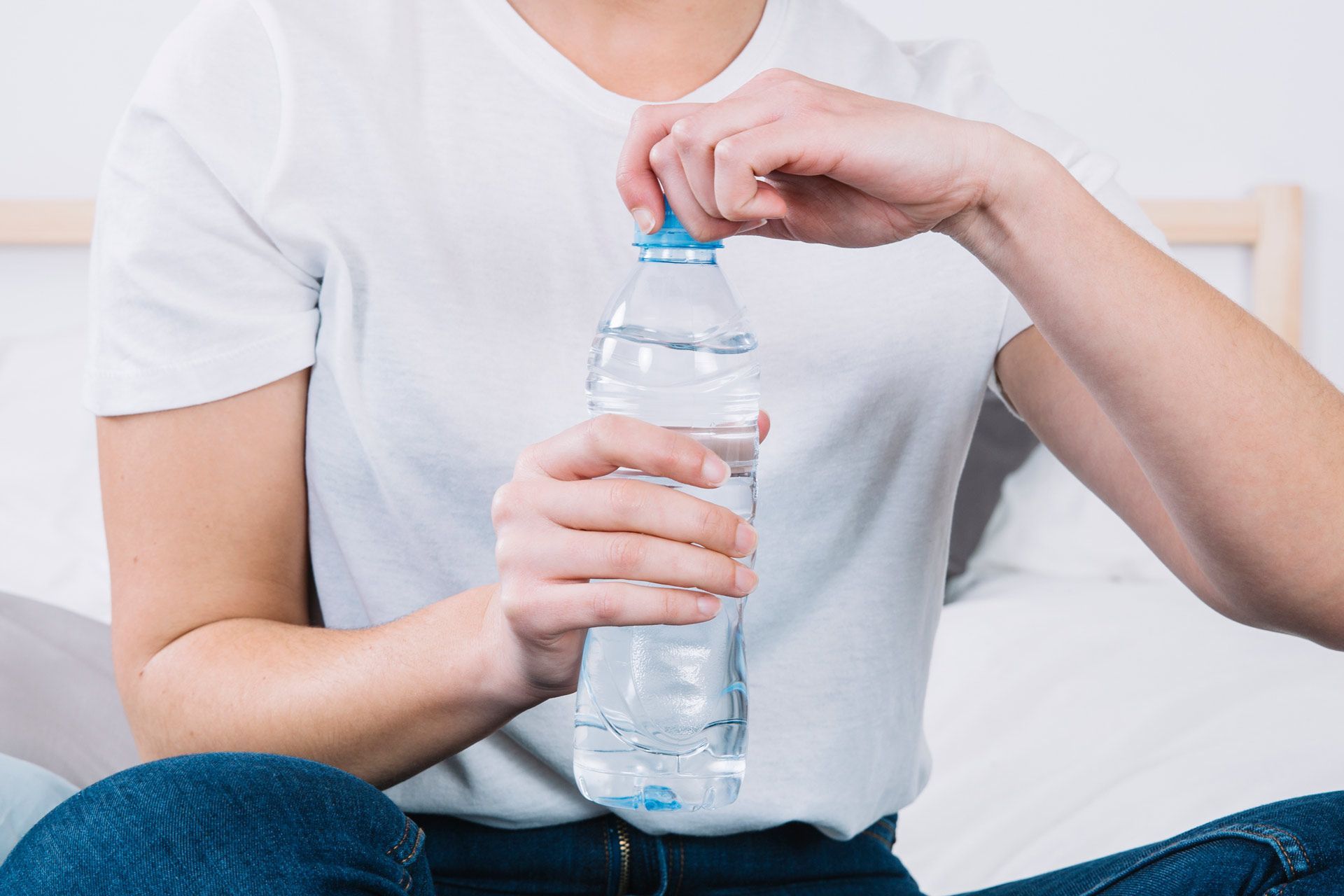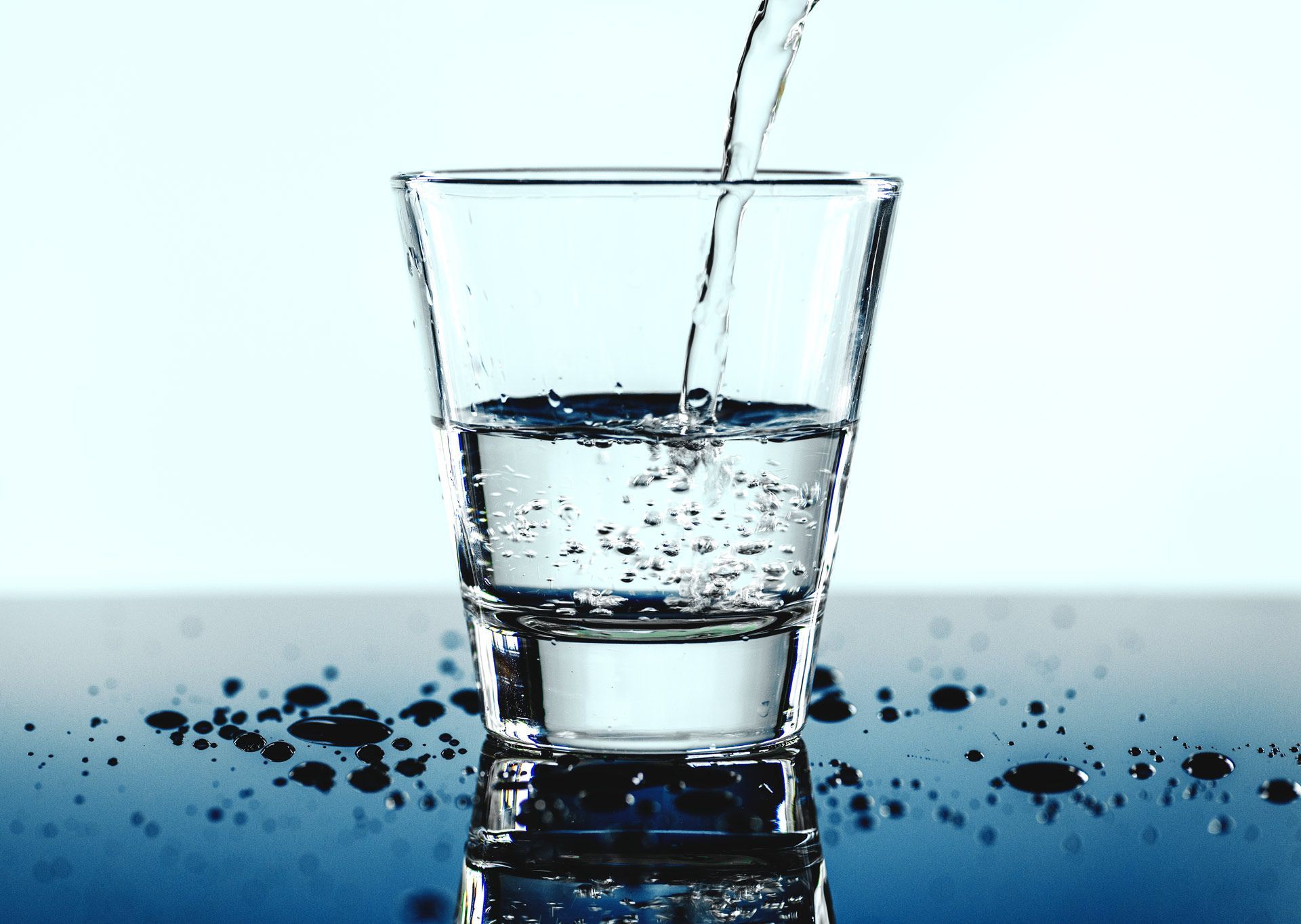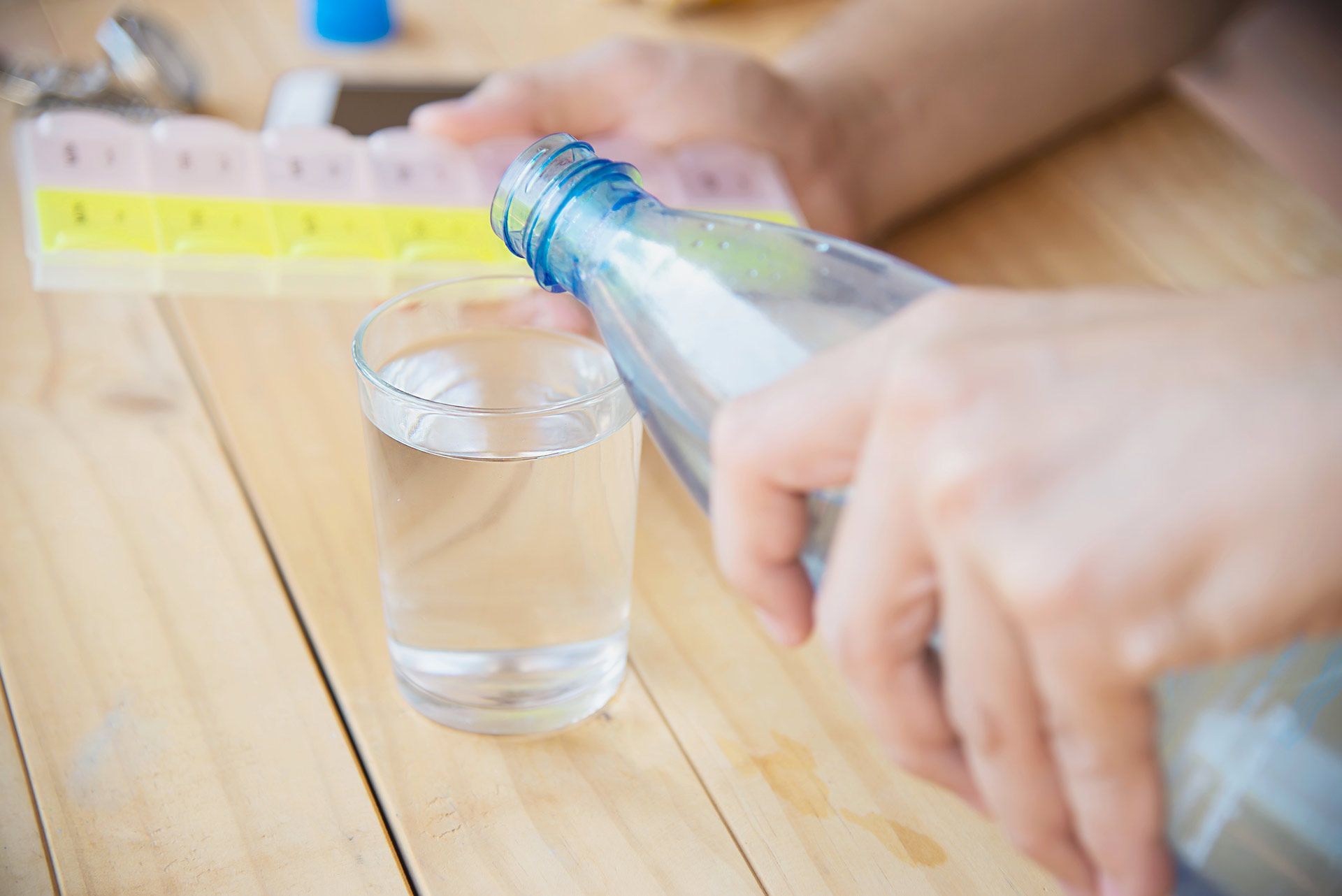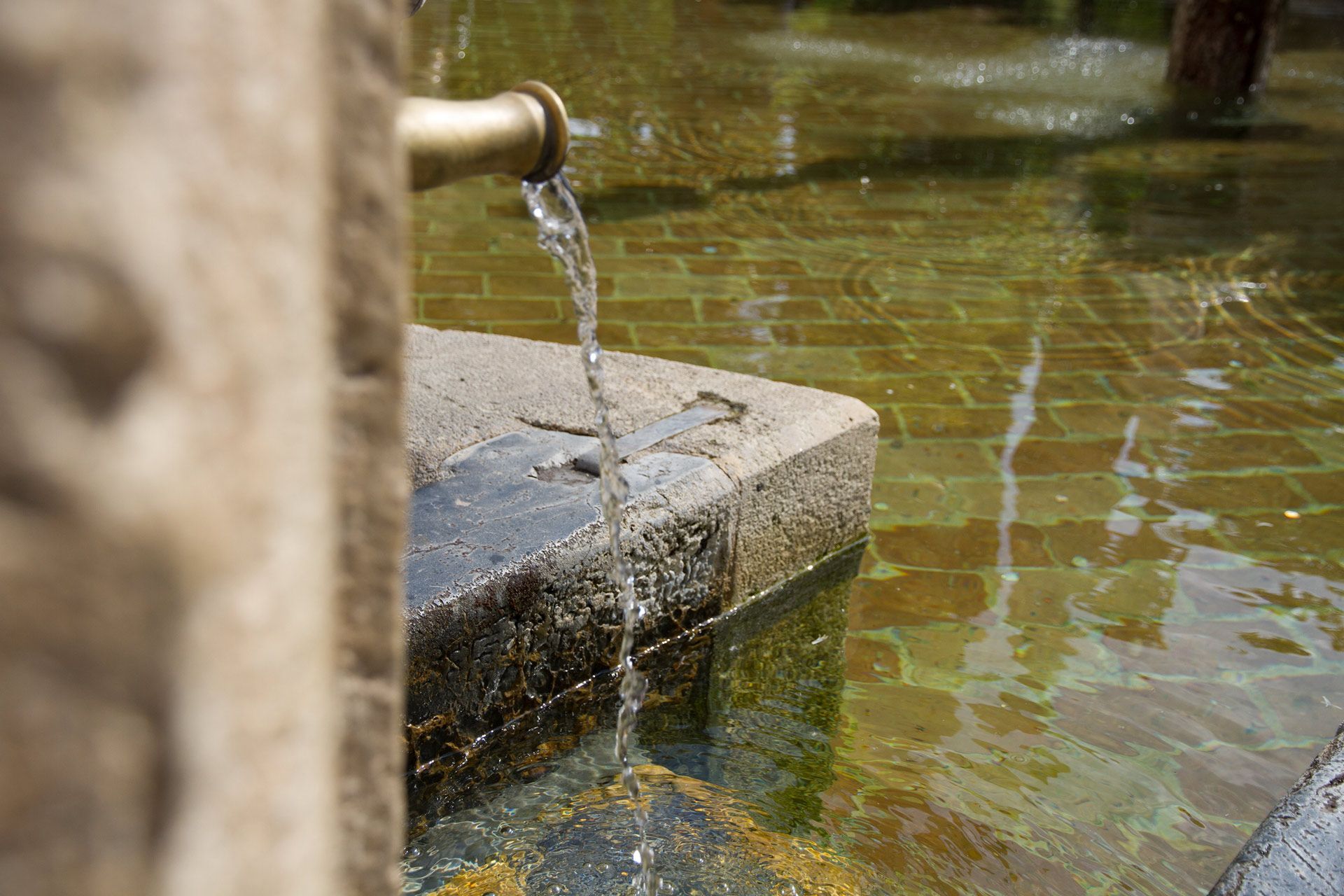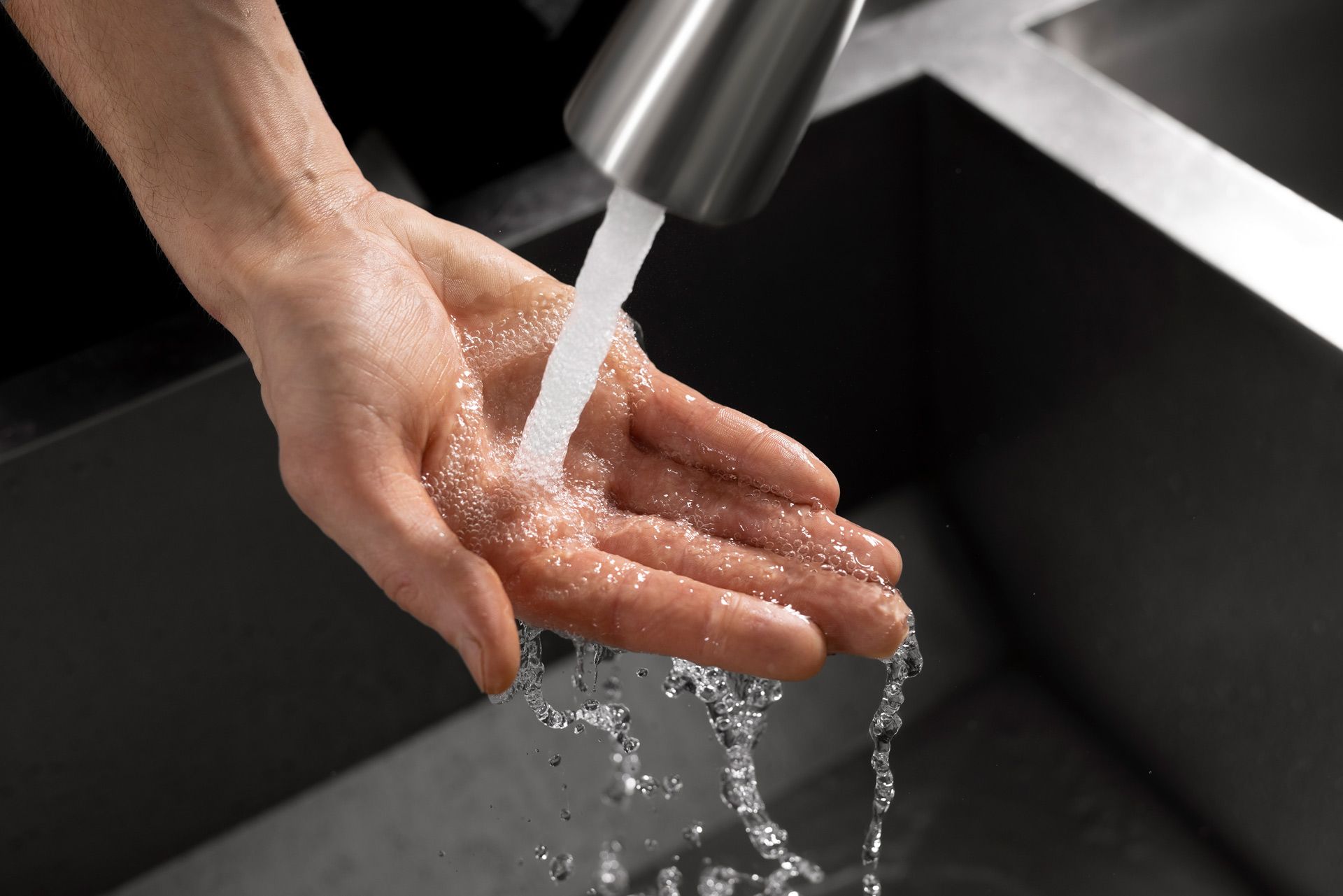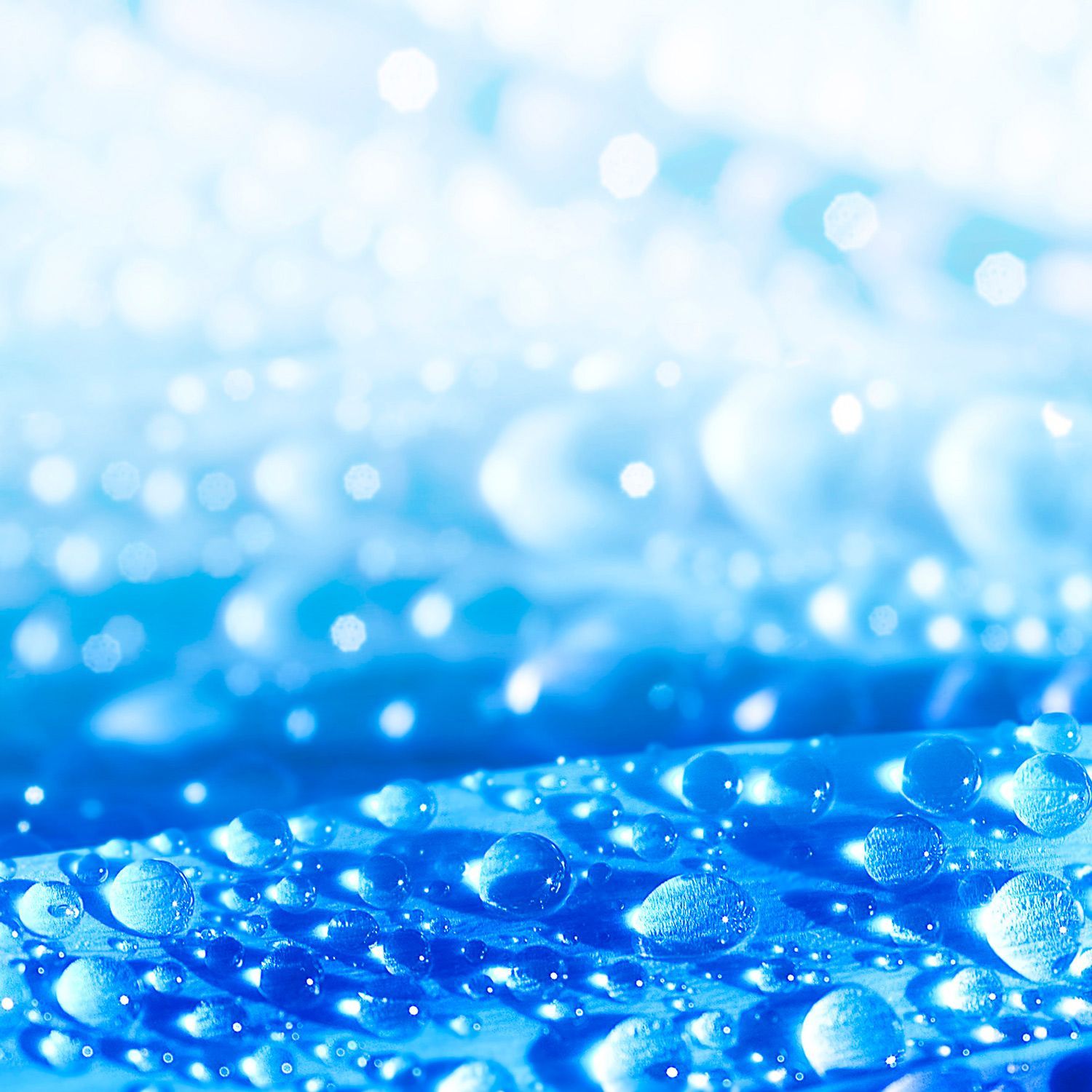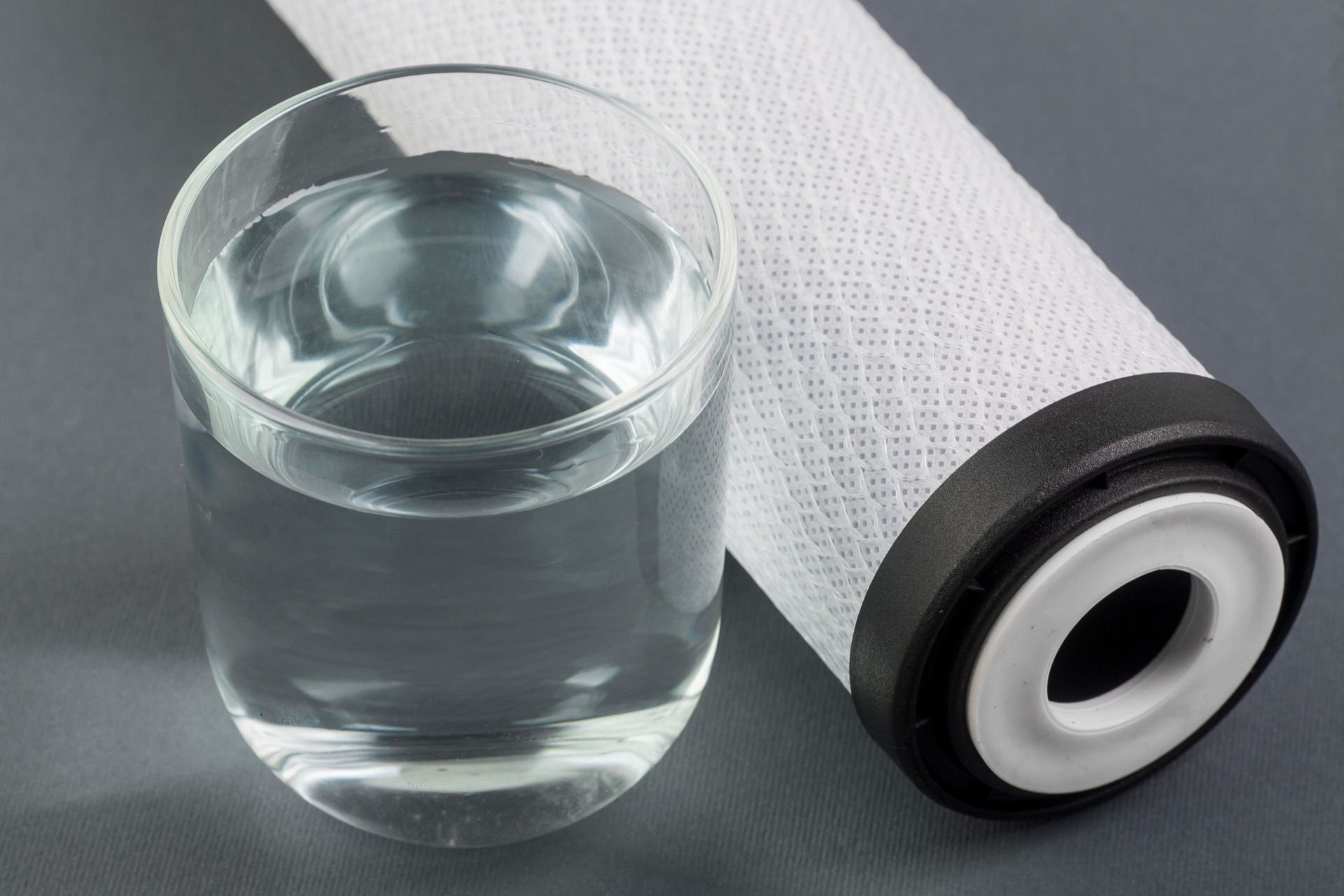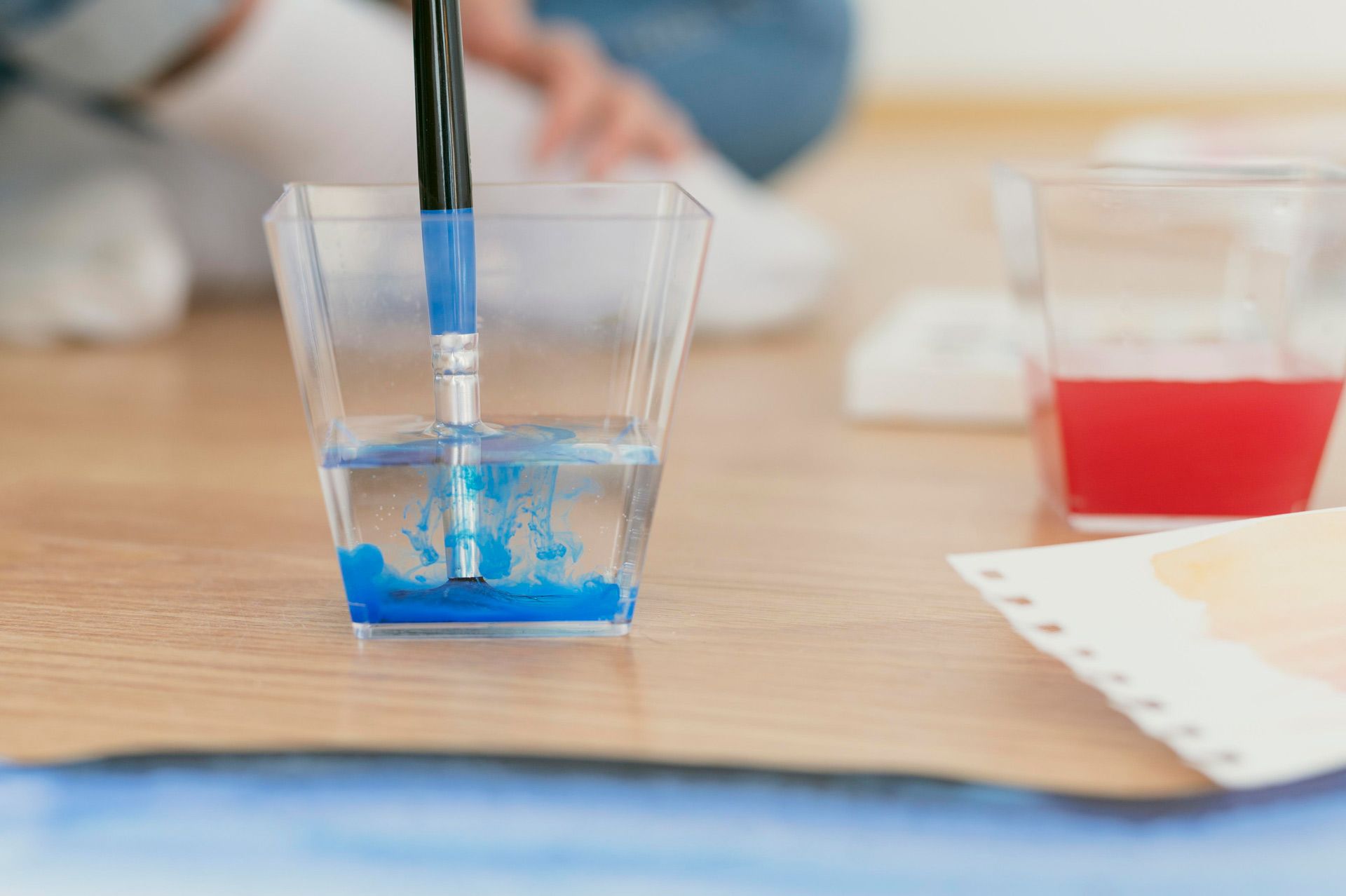The Hidden Dangers of High Chlorine Levels in Carmel and How Filters Help
September 29, 2025
Introduction
When you turn on the tap in Carmel, IN, the water is clear and refreshing — but what you can’t see could be affecting your health, plumbing, and appliances. Chlorine is a common disinfectant used in municipal water systems to kill bacteria and keep water safe, but excessive chlorine can create its own set of problems.
From skin and hair irritation to foul taste and odor, high chlorine levels may be doing more harm than good in your home. This article will explain why chlorine levels matter, what hidden risks exist when they’re too high, and how whole-house or point-of-use filters can help Carmel homeowners enjoy cleaner, safer, better-tasting water.
What Chlorine Does in Water & Why It Can Be a Problem
Why Chlorine Is Added
Municipal water suppliers add chlorine to:
- Kill harmful bacteria and pathogens
- Protect water from contamination as it travels through pipes
- Maintain public health standards
In moderate amounts, chlorine is essential for safe drinking water — but problems start when levels are consistently high.
Hidden Dangers of High Chlorine Levels
Here are the key issues Carmel homeowners may face with excess chlorine exposure:
- Skin & Hair Irritation – Chlorine strips natural oils, leading to dryness, itchiness, and brittle hair.
- Taste & Odor Problems – Strong chemical taste makes drinking water unpleasant; coffee, tea, and cooking flavors can be affected.
- Respiratory Irritation – Chlorine vapors can trigger mild irritation for sensitive individuals, especially during hot showers.
- Potential Health Risks – Prolonged exposure to high levels has been linked to byproducts (THMs, HAAs) that may pose health concerns.
- Appliance & Plumbing Impact – Chlorine can corrode rubber seals, shorten appliance life, and damage some plumbing components.
How to Know If Chlorine Levels Are High
To confirm chlorine levels:
- Smell your tap water: strong pool-like odor is a sign.
- Check for skin dryness after showering.
- Conduct a chlorine test using strips or have professional water testing done.
How Filters Help Reduce Chlorine in Carmel Homes
Installing a water filtration system is one of the most effective ways to improve water quality if chlorine levels are too high. Here’s how different filters work:
- Activated Carbon Filters – Highly effective at removing chlorine, improving taste and odor. Available as whole-house filters or under-sink systems.
- Catalytic Carbon Systems – Designed to remove not just chlorine but also chloramines, a stronger disinfectant used by some municipalities.
- Reverse Osmosis (RO) Systems – Excellent for drinking and cooking water, removes chlorine and many other contaminants.
- Shower Filters – Help prevent skin and hair irritation by reducing chlorine exposure at the point of use.
Benefits of Filtering Chlorine
Filtering chlorine can result in:
- Softer skin and healthier hair
- Better-tasting drinking water
- Longer-lasting appliances and plumbing components
- Peace of mind about chemical exposure
How to Address High Chlorine Levels in Carmel: Step-by-Step Guide
To solve chlorine issues effectively, follow these steps:
- Get Your Water Tested
Have your chlorine levels professionally measured to know the baseline. - Identify Your Goals
Decide if you want whole-house treatment (showers, laundry, cooking) or just drinking water coverage. - Compare Filtration Options
Look at carbon filters, RO systems, and combinations. Consider maintenance needs and replacement intervals. - Choose a System Sized for Your Home
Make sure flow rate matches your household usage to avoid pressure drops. - Schedule Professional Installation
Proper setup ensures maximum chlorine removal and optimal system performance. - Maintain the System Regularly
Replace filters as recommended to keep chlorine removal effective year-round.
Frequently Asked Questions
How much chlorine is safe in drinking water?
The EPA allows up to 4 ppm (parts per million) in public water systems, but many homeowners prefer lower levels for taste and comfort.
Can boiling water remove chlorine?
Yes, boiling can remove free chlorine, but not chloramine (if used in your supply). Filtration is a more practical solution for daily use.
Do pitcher filters remove chlorine?
Most do, but they are designed for small volumes. For whole-home coverage, a larger carbon filtration system is recommended.
Is chlorine harmful to pets or plants?
High chlorine levels can stress fish and aquatic pets; plants may also be sensitive. Dechlorinated water is safer for both.
How often should carbon filters be replaced?
Typically every 6–12 months depending on water usage and chlorine levels.
Conclusion
Chlorine is necessary for safe water, but too much of it can cause taste, odor, health, and appliance problems in your Carmel home. The good news: you don’t have to choose between safety and comfort. By testing your water, selecting the right filtration solution, and maintaining it properly, you can enjoy clean, fresh-tasting water throughout your home.
If you’re concerned about chlorine levels, consider speaking with a local water treatment professional. They can test your water, recommend the right filter, and ensure your home’s water supply is safe, healthy, and enjoyable for years to come.


